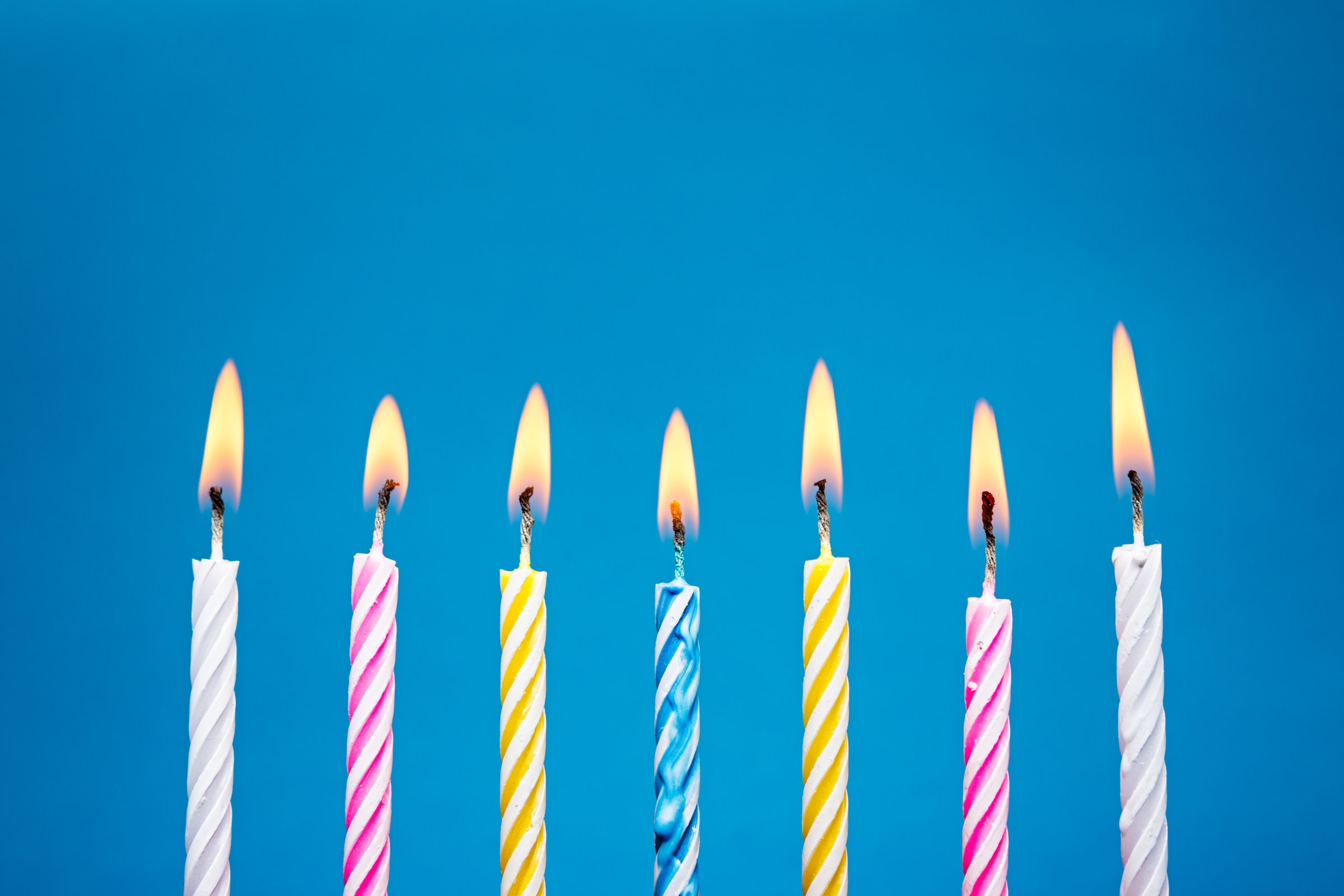
In today’s youth-obsessed culture, getting older is often seen as something to fear. But a new study says at least one thing gets better with age: self-esteem.
Age 60 seems to be best for self-esteem, according to a paper published recently in the journal Psychological Bulletin — and those positive feelings may stay at their peak for an entire decade.
“Midlife is, for many adults, a time of highly stable life circumstances in domains such as relationships and work. Moreover, during middle adulthood, most individuals further invest in the social roles they hold, which might promote their self-esteem,” study co-author Ulrich Orth, a professor of psychology at the University of Bern in Switzerland, said in an email to TIME. “For example, people take on managerial roles at work, maintain a satisfying relationship with their spouse or partner, and help their children to become responsible and independent adults.”
The researchers based their analysis on 191 research articles about self-esteem, which included data from almost 165,000 people. They set out to present the most comprehensive look yet at how self-esteem changes with age, examining a number of different demographics and age groups.
Self-esteem first begins to rise between ages 4 and 11, as children develop socially and cognitively and gain some sense of independence. Levels then seem to plateau — but not decline — as the teenage years begin from ages 11 to 15, the data show.
That’s somewhat surprising, given that many people — scientists and otherwise — assume that self-esteem takes a hit during the traditionally awkward early teenage years, “possibly because of pubertal changes and increased emphasis on social comparison at school,” Orth says. “However, our findings show that this is not the case.”
Instead, self-esteem appears to hold steady until mid-adolescence. After that lull, Orth says, self-esteem seems to increase substantially until age 30, then more gradually throughout middle adulthood, before peaking around age 60 and remaining stable until age 70.
After this period, however, Orth’s data show that many adults experience a decline in self-esteem, beginning modestly around 70 and becoming more significant around age 90.
“Old age frequently involves loss of social roles as a result of retirement, the empty nest, and, possibly, widowhood, all of which are factors that may threaten self-esteem,” Orth explains. “In addition, aging often leads to negative changes in other possible sources of self-esteem, such as socioeconomic status, cognitive abilities and health.”
The suggestion that these factors don’t seem to meaningfully converge until around age 90, however, should be encouraging.
“Many people,” Orth says, “are able to maintain a relatively high level of self-esteem even during old age.”
More Must-Reads From TIME
- Dua Lipa Manifested All of This
- Exclusive: Google Workers Revolt Over $1.2 Billion Contract With Israel
- Stop Looking for Your Forever Home
- The Sympathizer Counters 50 Years of Hollywood Vietnam War Narratives
- The Bliss of Seeing the Eclipse From Cleveland
- Hormonal Birth Control Doesn’t Deserve Its Bad Reputation
- The Best TV Shows to Watch on Peacock
- Want Weekly Recs on What to Watch, Read, and More? Sign Up for Worth Your Time
Write to Jamie Ducharme at jamie.ducharme@time.com